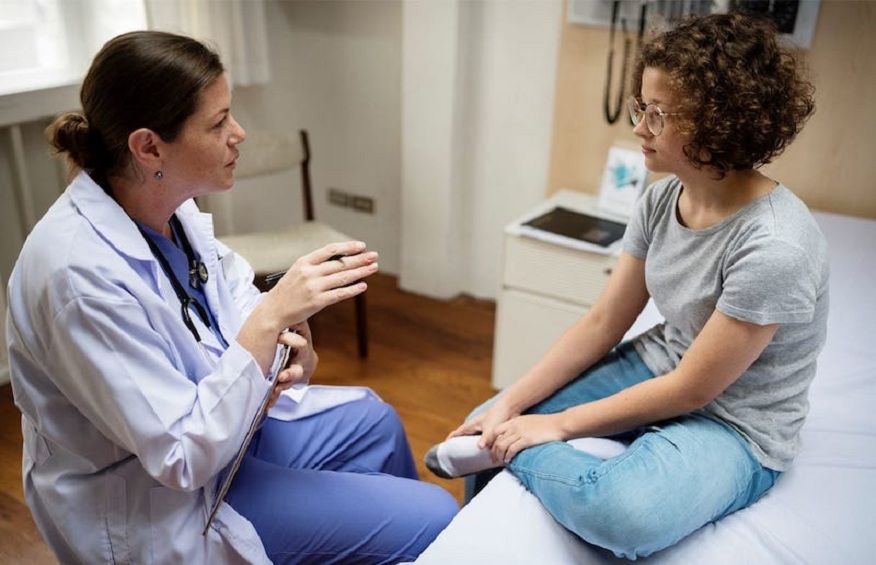Bacterial vaginosis (BV) is a prevalent vaginal infection caused by bacteria overgrowth in the vagina. It is not a sexually transmitted disease but can increase the risk of getting one. The symptoms of BV include an unpleasant fishy odor, thin white or gray vaginal discharge, and itching or burning around the vagina. Luckily, there are effective treatments for BV that can help alleviate symptoms and prevent recurrence.
Antibiotics
Antibiotics are the most commonly used bacterial vaginosis treatment. They eliminate the bacteria that cause the infection. Metronidazole and clindamycin are two antibiotics commonly used to treat BV. Metronidazole is available in pill form and as a vaginal gel or cream, and clindamycin is available as a cream or vaginal suppository. Both antibiotics are usually taken for 5-7 days, and it is vital to finish the entire course of treatment to prevent recurrence.
Probiotics
They can restore the balance of bacteria in the vagina and prevent the overgrowth of harmful bacteria that cause BV. Probiotics can be taken as supplements or consumed through fermented foods such as yogurt or kefir.
Boric Acid
Boric acid is a natural component that has antifungal and antiviral properties. It can also be used to treat BV. Boric acid suppositories are used in the vagina and left in place for several hours. They work by reducing the pH level in the vagina, which creates an environment that is less hospitable to harmful bacteria.
Tea Tree Oil
Tea tree oil is an antifungal and antibacterial agent that can be used to treat BV. It can be applied topically to the vulva or added to a warm bath. However, using tea tree oil with caution is important, as it can cause some people skin irritation or allergic reactions.
Prevention
Preventing BV is important because it can lead to severe health problems if left untreated. Here are some tips for preventing BV:
Practice good hygiene
Wash the genital area with mild soap and water daily. Avoid using douches or scented products that can disrupt bacteria balance in the vagina.
Use condoms
Using condoms during sex can reduce the risk of getting BV or other sexually transmitted infections.
Eat a healthy diet
Eating fruits, vegetables, and whole grains can help boost the immune system and prevent infections.
Limit douching
Douching can disrupt the natural bacteria balance in the vagina and elevate the risk of getting BV.
Avoid smoking or quit smoking.
Studies have shown that smoking can increase the risk of developing BV, as it can disrupt the bacteria balance in the vagina and weaken the immune system. Therefore, quitting smoking can help reduce the risk of developing BV and other vaginal infections.
Conclusion
Bacterial vaginosis is a vaginal infection that can be treated effectively with antibiotics, probiotics, boric acid, or tea tree oil. It is important to practice good hygiene, use condoms, eat a healthy diet, and limit douching to prevent BV. If you have symptoms of BV, see a healthcare provider for diagnosis and treatment.
 What Types of Genetic Testing Are Available During Pregnancy?
What Types of Genetic Testing Are Available During Pregnancy?  Using Fitness Apps for Progress Tracking
Using Fitness Apps for Progress Tracking  Complete Guide to Scoliosis Treatment in UAE
Complete Guide to Scoliosis Treatment in UAE 
